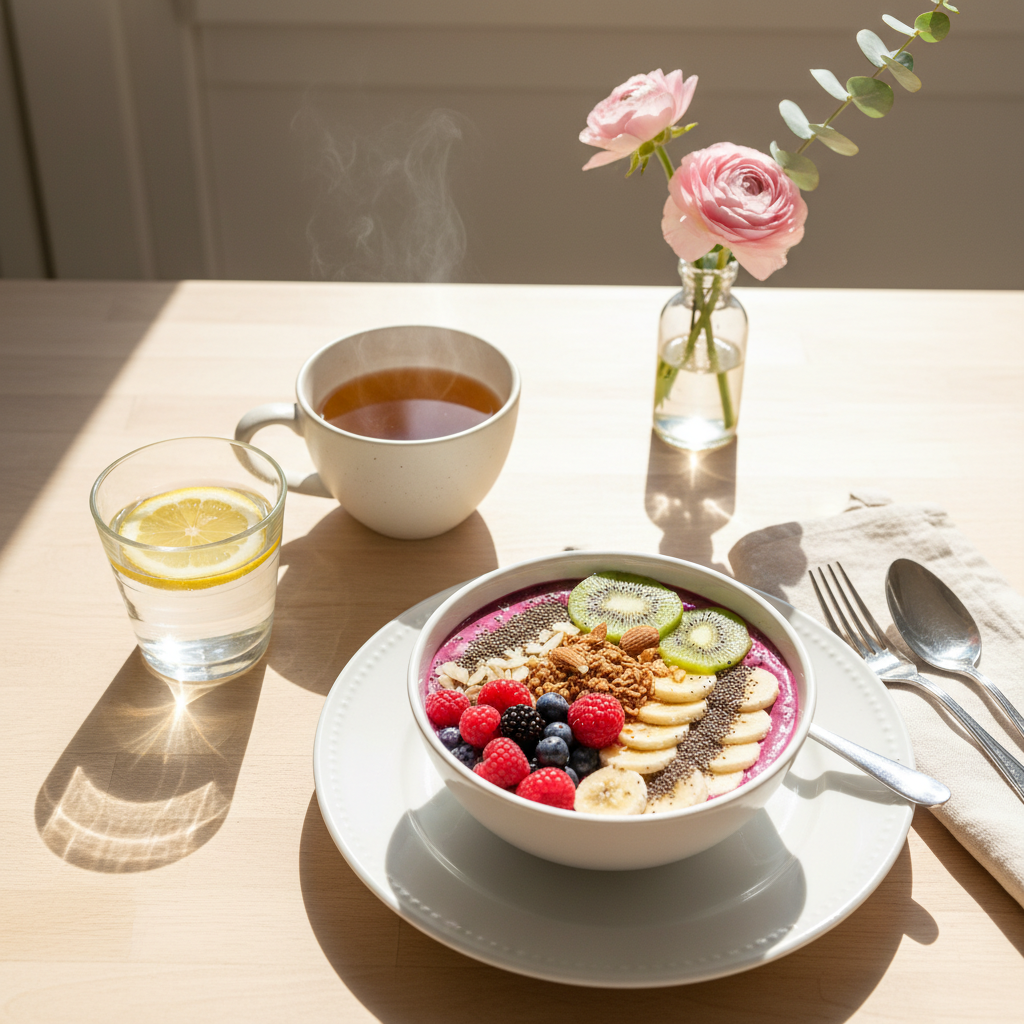Best Bedtime Self Care Routine for Better Sleep

Why a Bedtime Self Care Routine Matters
Raise your hand if you’ve ever spent an hour twisting and turning in bed like a Human Tornado. That was me—staring at the ceiling like it was a suspense thriller finale: heart racing, thoughts spinning, zero chill. Enter the bedtime self care routine for better sleep, your brain’s VIP pass to clock out and unwind. This routine sends a clear message to your mind: “Relax, the day is done.”
Scientific studies confirm the power of a consistent bedtime routine. It helps train your body’s internal clock, the circadian rhythm, signaling when it’s time to sleep. Even kids know it: when mom says “bedtime routine,” resistance fades fast.
Key takeaway: A simple, calming nightly ritual is your brain’s “off work” badge, cutting stress and inviting restful sleep.

My Go-To Bedtime Self Care Routine for Better Sleep
Ready for an easy, effective bedtime self care routine for better sleep your future rested self will thank you for? Here’s my step-by-step plan for a restful night:
1. Set a Consistent Sleep Schedule
Consistency is king. Going to bed and waking up at roughly the same time daily works wonders for your circadian rhythm. Think of it as training a puppy—less mess, more quality REM sleep.
2. Unplug 30-60 Minutes Before Bed
Screens out! Blue light from devices like phones and televisions suppresses melatonin, the hormone that makes you sleepy. So ditch the digital noise at least half an hour before bed. Try reading a book instead to wind down naturally. For more tips, check Harvard Health’s advice on sleep hygiene.
3. Practice Gentle Movement
No CrossFit required. Light yoga, stretching, deep breathing, or progressive muscle relaxation are perfect. These movements feel like a gentle internal massage, easing muscle tension and calming the mind as recommended by Healthline.
4. Enjoy a Warm Bath or Shower
A warm bath raises your body temperature, and the subsequent cool down tells your body it’s time to snooze. It’s a relaxing classic that melts away stress. Learn more from the Sleep Foundation.
5. Mindfulness or Journaling
Clear your mind by jotting down thoughts, gratitude lists, or plans for tomorrow. This slows the racing mind and helps prevent those 2 AM backflips of anxiety. The Sleepstation highlights how journaling supports a restful mind.
6. Skincare and Hygiene with Intention
Brush your teeth, wash your face, and apply lotions mindfully. These acts send your body a gentle signal you’re transitioning to rest mode. See more suggestions on the YogaSleep Blog.
7. Create a Sleep-Optimized Environment
Transform your bedroom into a sleep haven: keep it cool (65-68°F), dark with blackout curtains, quiet or enriched with soothing white noise. Lavender scents can add calming vibes, making your room the ultimate sleep cave. Healthline provides more on optimizing your nighttime environment here.

Proven Benefits of a Bedtime Self Care Routine
- Better quality sleep: Fall asleep easier, stay asleep longer, and wake up refreshed—not like a groggy zombie (Heart.org).
- Reduced stress and anxiety: Mental calm takes over, rewiring your brain for peace (NHS).
- Strengthened immune system: Restorative sleep helps your body combat illnesses with superhero efficiency (NIH News).
- Enhanced daytime energy and focus: Power through your tasks or your favorite shows with renewed vigor.

FAQs about Bedtime Self Care for Sleep
Thanks for reading! Now it’s your turn to unwind and nurture your brain with a nurturing bedtime self care routine for better sleep. Your pillow will appreciate it, and so will your morning mood. Sleep well and rise refreshed.


